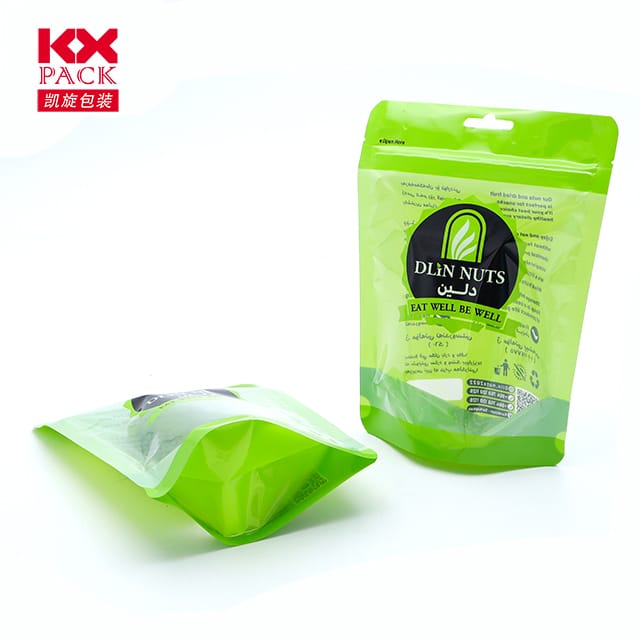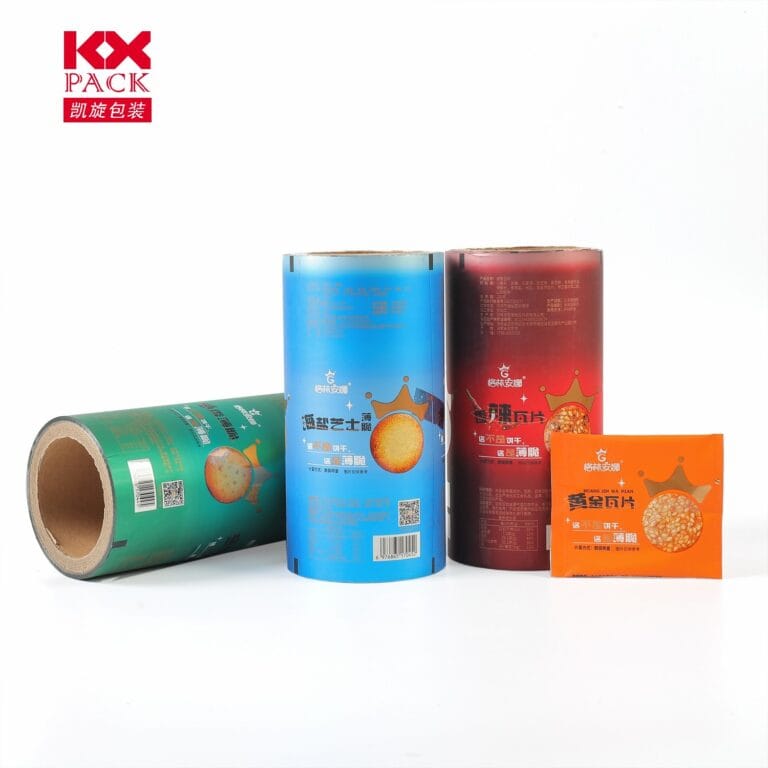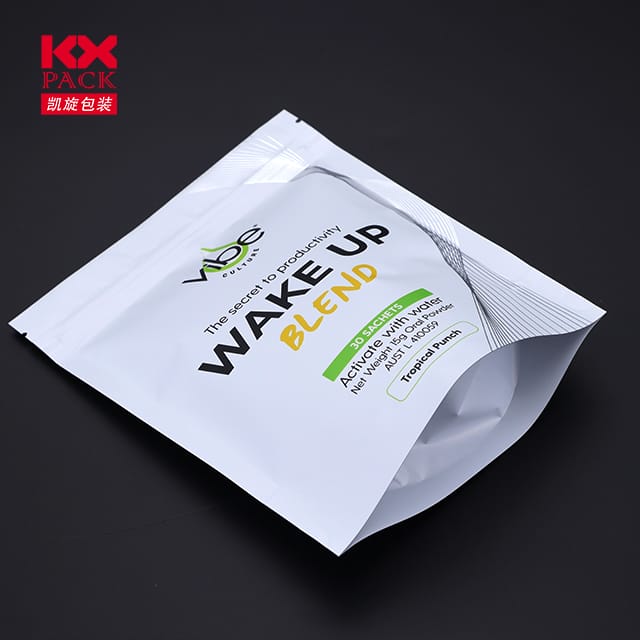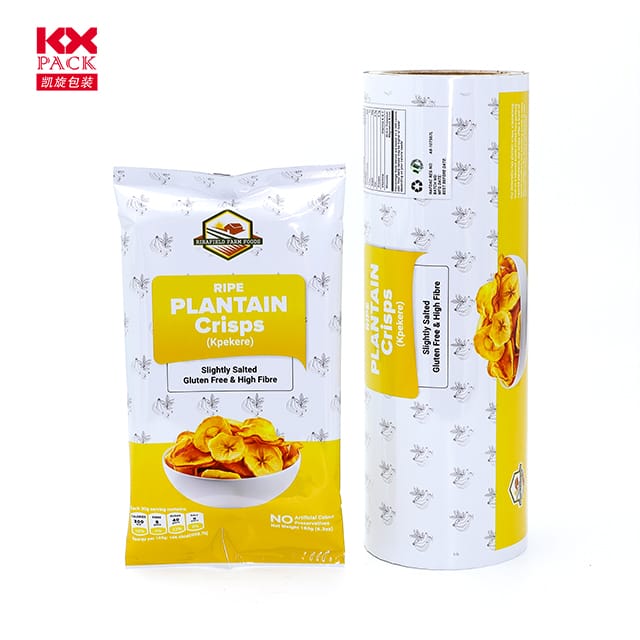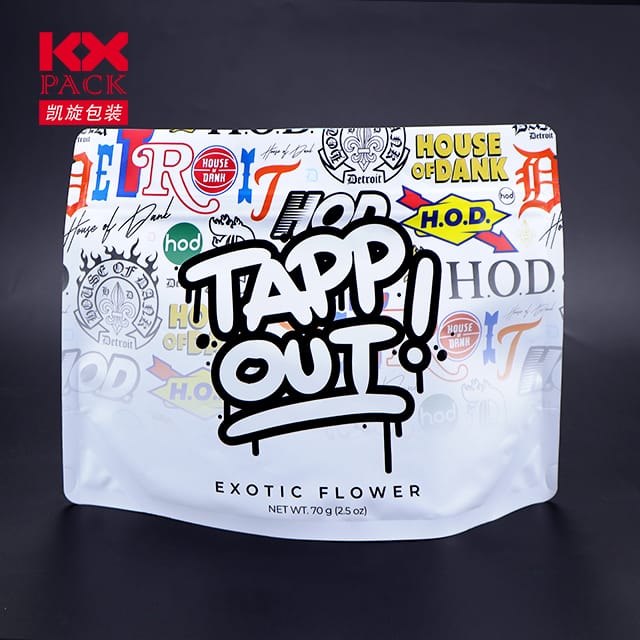Le lumanaʻi o afifiina faʻapipiʻi: Fou, Soifua Maloloina, ma tua atu(2)
Packaging Films
Folasaga
In a world where sustainability and functionality are king, e taua tele le sao o le afifiina o ata i le puipuia o oloa, fa'asilisili fa'ailoga, ma fa'aitiitia ai a'afiaga o le si'osi'omaga. Mai le fa'asaoina o mea'ai se'ia o'o ile saogalemu ole vaila'au, o nei manifinifi, mea fetu'una'i ua fa'ainisinia e fa'afetaui mana'oga eseese. Ae o le fa'atupula'ia o atugaluga i otaota palasitika ma le fa'atupulaia o manaoga o tagata fa'atau, the future of packaging films is poised for a revolution. Sei o tatou sailia le fou masani, fou, and challenges shaping this dynamic industry.
1. Types of Packaging Films: A Primer
Packaging films come in various forms, each tailored to specific applications:
- Plastic Films: Traditional polyethylene (PE), polypropylene (PP), and PVC dominate due to their durability and cost-effectiveness.
- Ata biodegrable: Made from plant-based polymers (E.g., Plan, Ele) or compostable materials, these reduce landfill burden.
- BURLRY ata tifaga: Designed to block moisture, okesene, or UV light, ideal for perishables or sensitive electronics.
- Shrink Films: Heat-activated to conform tightly around products for tamper evidence and product stability.
- Faapitoa ata tifaga: Include anti-fog, aticicabial, or conductive coatings for niche applications.
2. Key Industries Driving Demand
- Mea'ai & Meainu: Extends shelf life, ensures hygiene, and enables portion control. Think snack packs, fresh produce wraps, and beverage pouches.
- Soifua lelei: Sterile packaging for medical devices, faisalao, and IV bags.
- E-Commerce: Durable films protect goods during shipping and enhance unboxing experiences.
- Eletise: Static-resistant films safeguard sensitive components.
3. Soifua Maloloina: Le pito i luma
The global push for eco-friendly solutions is reshaping the packaging film landscape:
- Bioplastics & Compostables: Brands like Danone and Nestlé are adopting PLA-based films for dairy and water bottles.
- Circular tamaoaiga faʻataʻitaʻiga: Recyclable films made from post-consumer waste (PCR) reduce virgin plastic use.
- Vailaau toe totogi: Emerging technologies break down mixed plastics into raw materials for new films.
- Fa'atonu Fa'atonu: EU’s Single-Use Plastics Directive and similar policies worldwide are phasing out non-recyclable films.
4. Innovation Highlights
- Pulea Pulea: Films embedded with sensors or QR codes track freshness, vevela, or authenticity.
- Tofoleina afifiina: Releases preservatives (E.g., antioxidants) to extend food shelf life.
- Nanotechnology: Enhances barrier properties with nano-clays or silver nanoparticles for antimicrobial effects.
- 3D Printing: Customizable, on-demand packaging reduces material waste.
5. Luʻitau ma Avanoa
- Tau vs. Soifua Maloloina: Biodegradable films are pricier than conventional plastics. Scaling production could drive down costs.
- Infrastructure Gaps: Recycling facilities for advanced films (E.g., multilayer barriers) are limited.
- Aufaigaluega Aʻoga: Clarifying labels (E.g., “home compostable” vs. “industrially compostable”) prevents greenwashing.
Fa'ai'uga
Packaging films are no longer just about protection—they’re about innovation, responsibility, ma tumau. As industries balance performance with planet-friendly practices, we’re likely to see more hybrid materials, closed-loop systems, and tech-driven solutions. Mo pisinisi, investing in sustainable packaging isn’t just ethical—it’s a strategic move to meet evolving regulations and consumer preferences.
FAQs
- Are biodegradable films truly eco-friendly? ioe, but only if disposed of in industrial composting facilities.
- Can recycled films match the performance of virgin plastics? Advances in PCR technology are narrowing the gap.
- What’s the next big thing in packaging films? Look out for edible films (E.g., seaweed-based wraps) and self-healing materials.
The future of packaging films is bright, fetuʻutuʻunaʻi, and increasingly green. What innovations would you like to see in this space? Faasoa ou mafaufauga i lalo! 🌱📦

